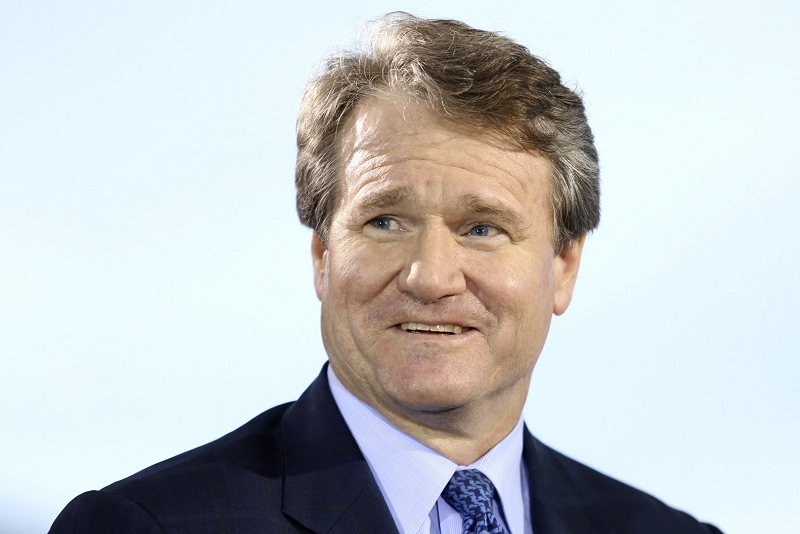BROWSE BY TOPIC
- Bad Brokers
- Compliance Concepts
- Investor Protection
- Investments - Unsuitable
- Investments - Strategies
- Investments - Private
- Features/Scandals
- Companies
- Technology/Internet
- Rules & Regulations
- Crimes
- Investments
- Bad Advisors
- Boiler Rooms
- Hirings/Transitions
- Terminations/Cost Cutting
- Regulators
- Wall Street News
- General News
- Donald Trump & Co.
- Lawsuits/Arbitrations
- Regulatory Sanctions
- Big Banks
- People
TRENDING TAGS
Stories of Interest
- Sarah ten Siethoff is New Associate Director of SEC Investment Management Rulemaking Office
- Catherine Keating Appointed CEO of BNY Mellon Wealth Management
- Credit Suisse to Pay $47Mn to Resolve DOJ Asia Probe
- SEC Chair Clayton Goes 'Hat in Hand' Before Congress on 2019 Budget Request
- SEC's Opening Remarks to the Elder Justice Coordinating Council
- Massachusetts Jury Convicts CA Attorney of Securities Fraud
- Deutsche Bank Says 3 Senior Investment Bankers to Leave Firm
- World’s Biggest Hedge Fund Reportedly ‘Bearish On Financial Assets’
- SEC Fines Constant Contact, Popular Email Marketer, for Overstating Subscriber Numbers
- SocGen Agrees to Pay $1.3 Billion to End Libya, Libor Probes
- Cryptocurrency Exchange Bitfinex Briefly Halts Trading After Cyber Attack
- SEC Names Valerie Szczepanik Senior Advisor for Digital Assets and Innovation
- SEC Modernizes Delivery of Fund Reports, Seeks Public Feedback on Improving Fund Disclosure
- NYSE Says SEC Plan to Limit Exchange Rebates Would Hurt Investors
- Deutsche Bank faces another challenge with Fed stress test
- Former JPMorgan Broker Files racial discrimination suit against company
- $3.3Mn Winning Bid for Lunch with Warren Buffett
- Julie Erhardt is SEC's New Acting Chief Risk Officer
- Chyhe Becker is SEC's New Acting Chief Economist, Acting Director of Economic and Risk Analysis Division
- Getting a Handle on Virtual Currencies - FINRA
ABOUT FINANCIALISH
We seek to provide information, insights and direction that may enable the Financial Community to effectively and efficiently operate in a regulatory risk-free environment by curating content from all over the web.
Stay Informed with the latest fanancialish news.
SUBSCRIBE FOR
NEWSLETTERS & ALERTS
BofA Management Admits It Can't Turn a Profit on Invested Capital
[Photo: Forbes.com]
Brian Moynihan has been CEO of Bank of America for 7 years, and when he took the helm in 2009, return on shareholder equity wasn't positive. The stock price has gone up, but stock buybacks are at an all-time high for the company. In other words, Moynihan seems to be admitting that he can only invest the capital that investors have given him at a return less than the estimated cost of capital.
Since he took over, the return on equity has steadily risen: 0.6% (2011), 1.8% (2012), 4.9% (2013), 2% (2014), 6.2% (2015), and 6.7% (2016), according to figures released last Friday. With the "theoretical" cost of capital in the banking industry at an estimated 10%, equity investors are losing money on the capital that they have given Moynihan to play with.
By this measure, he's doing a lousy job, and that might even be an overstatement.
The fourth quarter was a good one for BofA, judging by the company beating analysts' earnings expectations. But, if expectations are extraordinarily low, what does that really mean?
One could say that Moynihan has moved the bank in the right direction because its ROE has risen over time. But, after 7 years as chief executive, the bank is still only earning a 6.7% ROE.





